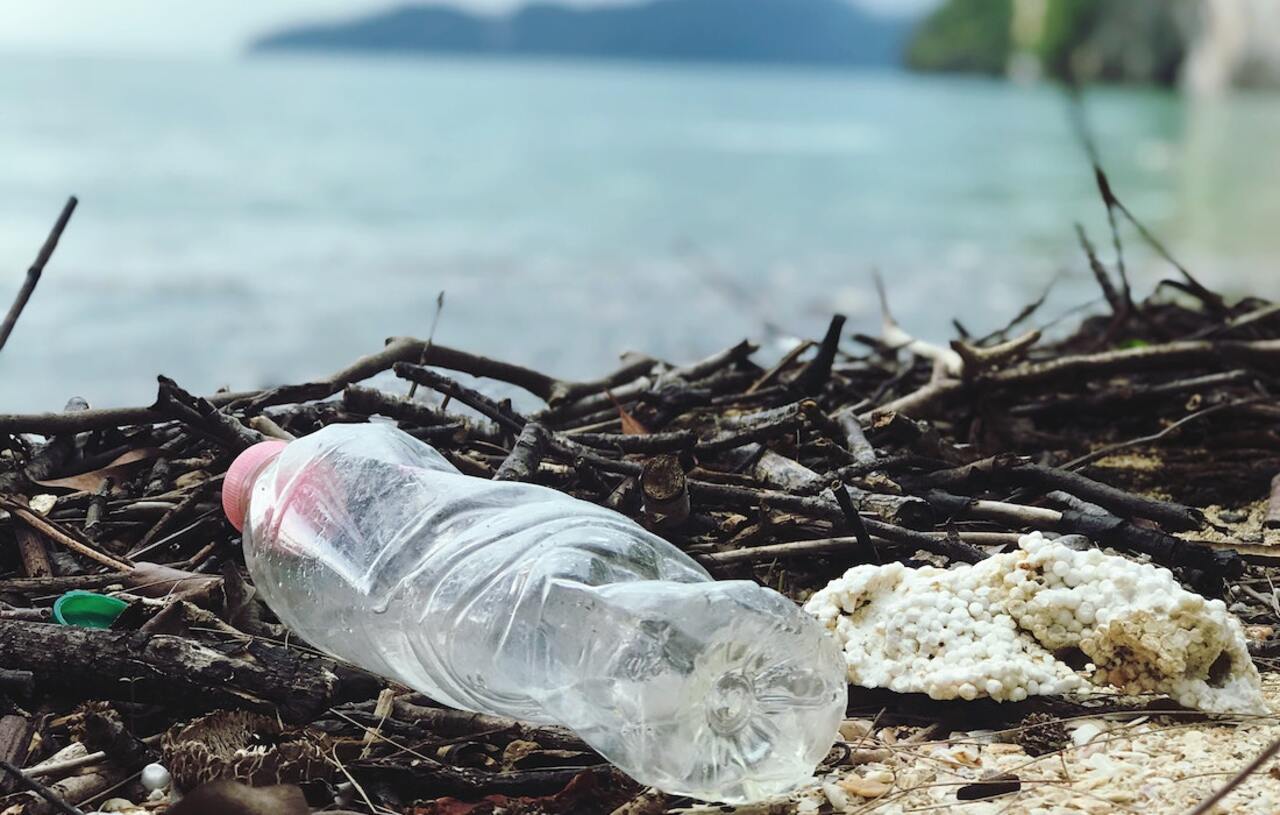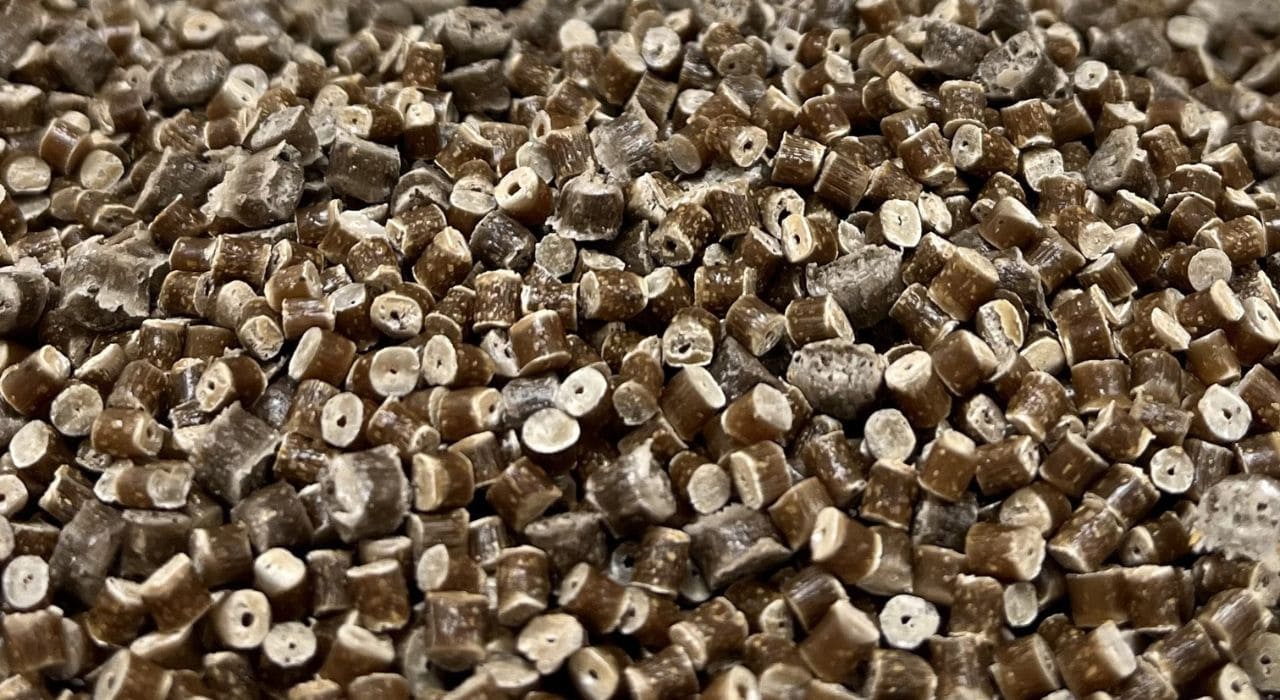Bioplastic Bottles: A Small Change for a Greener Future
Bioplastic bottles are one such product that is gaining popularity for their potential to reduce the amount of plastic waste that ends up in landfills and oceans. Bioplastic bottles, made from renewable resources such as sugarcane or coffee grounds, offer a sustainable solution to the problem of plastic waste.
In this blog, we will explore the benefits of bioplastic bottles and why they are small but make a big difference in creating a greener future.
Briefly discuss the negative impact of plastic bottles on the environment
Plastic bottles have a significant negative impact on the environment. They are a major source of pollution, taking hundreds of years to degrade in the environment. The production of plastic bottles requires large amounts of energy and natural resources, and contributes to greenhouse gas emissions.
Moreover, plastic bottles are a significant threat to wildlife, particularly marine life. Animals can get entangled in plastic debris or ingest it, causing injury or death.

Platic bottles are threat to wildlife and even marine life.
In addition, plastic bottles create a disposal problem. Most plastic bottles end up in landfills, where they take up space and do not decompose. Some are incinerated, which contributes to air pollution and releases toxic chemicals into the atmosphere. Plastic bottles that are not disposed of properly can also end up in the environment, where they persist for many years and cause damage to wildlife and ecosystems.
The negative impact of plastic bottles on the environment is becoming increasingly apparent, and it is essential that we take action to reduce our reliance on them. Switching to bioplastic bottles is one solution that can help us to reduce our environmental footprint and move towards a greener future.
>>>> Learn more at: Plastic Pollution
What are Bioplastic Bottles?
Bioplastic bottles are bottles made from bioplastics, which are plastics derived from renewable resources such as corn, sugarcane, or cassava. Bioplastic bottles can be used for a variety of products, including water bottles, food packaging, and cosmetics.
They are an eco-friendly alternative to traditional plastic bottles, which are made from non-renewable fossil fuels and can take hundreds of years to decompose. Bioplastic bottles can be made from a variety of materials, including corn starch, sugarcane, cassava, and even coffee grounds.
These materials are biodegradable and can break down into natural elements over time, leaving behind no harmful pollutants. Bioplastic bottles can be used for a wide range of applications, including packaging for food and beverages, cosmetics, and personal care products. They offer a sustainable solution for reducing the environmental impact of single-use plastic bottles.
Benefits of Bioplastic Bottles
- Reduced Carbon Footprint: Bioplastic bottles are made from renewable resources, which means that they have a lower carbon footprint compared to traditional plastic bottles. Traditional plastic bottles are made from fossil fuels, which are non-renewable resources and require a significant amount of energy to extract and process.
- Cost-effective: While the cost of producing traditional plastic bottles has been rising over the years due to the increasing cost of petroleum, the cost of producing bioplastics has been declining as the technology has improved and more sustainable feedstocks such as sugarcane or coffee grounds are used. As a result, businesses can save money by switching to bioplastic bottles.
- Biodegradable and Compostable: Bioplastic bottles are biodegradable and compostable, which means that they can break down naturally without harming the environment. Unlike traditional plastics, which can take hundreds of years to decompose, bioplastic bottles can decompose in a matter of months.
- Recycling: Bioplastic bottles can be recycled just like traditional plastic bottles. However, unlike traditional plastics, bioplastics do not emit toxic fumes when recycled, making them safer for the environment.
- Non-Toxic: Bioplastic bottles are made from organic materials and do not contain harmful chemicals such as bisphenol A (BPA) or phthalates. These chemicals have been linked to health problems such as cancer, infertility, and developmental issues in children.
- Versatile: Bioplastic bottles can be used for a wide range of products, including water bottles, food packaging, and cosmetics. They offer the same functionality and durability as traditional plastic bottles but with the added benefit of being environmentally friendly.
In conclusion, bioplastic bottles are a small change that can have a big impact on our planet's future. They offer a more sustainable, renewable, and environmentally-friendly alternative to traditional petroleum-based plastic products. As the technology behind bioplastics continues to improve, we can expect to see more and more businesses switch to these innovative materials in the coming years, such as bioplastics made from coffee grounds.
What are bioplastic bottles made from?
Bioplastic bottles can be made from a variety of materials, including corn starch, sugarcane and even coffee grounds. These materials are often derived from renewable resources, making bioplastic bottles a more sustainable alternative to traditional plastic bottles made from petroleum-based materials.
Coffee biocomposites are one of ideal bio materials for making bioplastic bottles. Coffee biocomposite is a combination of renewable raw materials and coffee grounds, an innovative material made from coffee waste and recycled primary plastics. It is a carbon negative material and eco-friendly alternative to traditional plastics.

AirX Coffee Biocomposites
>>>> Learn more at: Bioplastic Products: Are They Truly Sustainable?
AirX is a Coffee Biocomposite manufacturer that possesses exclusive production capabilities of this material in Vietnam and have exported our products to more than 50 countries. With 5 years of experience in researching and producing Coffee Biocomposite.
AirX materials are designed to be biodegradable, returning to nature at the end of their life cycle. However, they still offer the same level of functionality as conventional plastics, making them an ideal alternative materials for businesses looking to reduce their environmental impact.
Contact us
AirXis the world's first carbon-negative bio-materialmade from coffee grounds.
We specialize in producing bio-based composites using recycled carbohydrates derived from by-products such as coffee grounds, coconut husk, husk, and bamboo. Our goal is to promote sustainability through the use of eco-friendly materials.
We are always here to help and provide the best service possible. If you have any questions or would like to receive advice and feedback directly from our sales staff, please do not hesitate to contact us. You can reach us through:
- Whatsapp: +84 969 742 950
- Email: [email protected]
We look forward to hearing from you!

